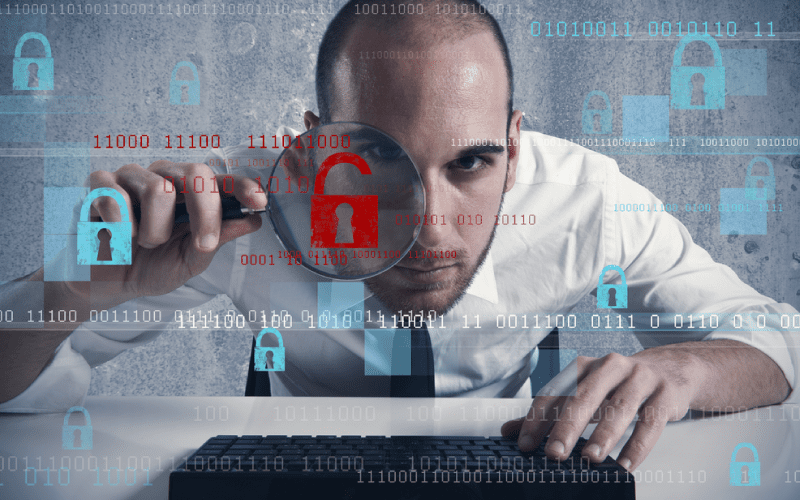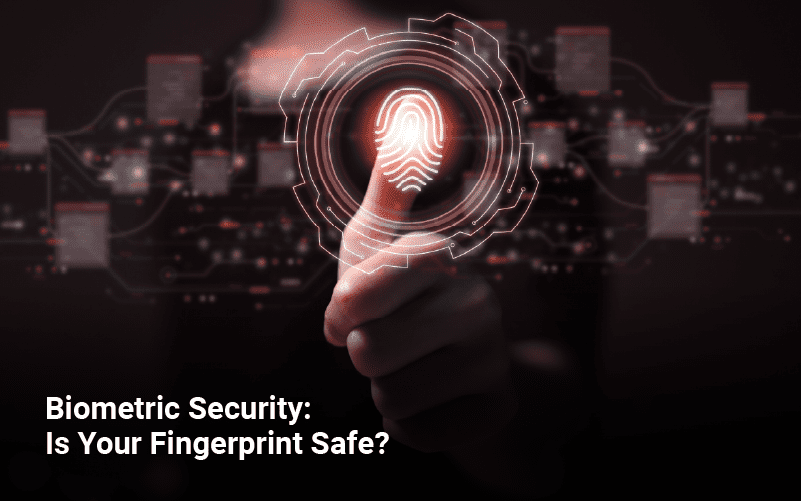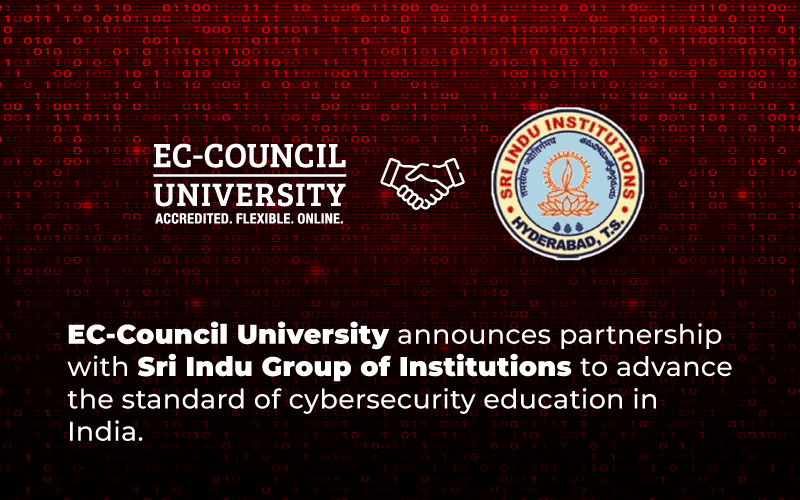Digital forensics is a rapidly growing field that involves the recovery and investigation of digital evidence to support legal cases. The field is constantly evolving, and the demand for digital forensics experts is increasing. Due to an increased need for cyber security, and the increasing amount of digital evidence in criminal investigations.
If you’re interested in pursuing a career in digital forensics, this guide will provide you with an overview of the education and practical experience requirements, as well as the certifications and other steps you need to take to become a digital forensics expert.
- What kind of education is required to become a digital forensics expert?
The education required to become a digital forensics expert can vary depending on the location, employer, and specific job requirements. However, many employers prefer to hire candidates with a degree in a relevant field, such as computer science, digital forensics, or a related field.
However, some employers may prefer or require a master’s degree in the field. In terms of specific majors, the BLS states that computer science is the most common field of study for digital forensics professionals, followed by criminal justice and forensic science.
- Are certifications necessary to become a digital forensics expert? If so, which certifications are recommended?
Certifications are not always necessary to become a digital forensics expert, but they can be helpful in demonstrating expertise and credibility in the field.
Some popular certifications for digital forensics professionals include:
- Certified Computer Examiner (CCE).
- Certified Forensics Examiner (CFE).
- Certified Information Systems Security Professional (CISSP).
- EnCase Certified Examiner (EnCE).
- AccessData Certified Examiner (ACE).
- Computer Hacking Forensics Investigator (CHFI).
It’s worth noting that certifications alone do not guarantee job success, it’s important to gain practical experience in the field and to stay current with the latest tools and techniques.
- How to gain practical experience in the field of digital forensics?
Gaining practical experience is essential for becoming a digital forensics expert. Here are a few ways to gain practical experience in the field of digital forensics:
- Internships: Many colleges and universities offer internships in digital forensics, which can provide you with hands-on experience in the field.
- Volunteer work: Some organizations or government agencies may be willing to let you volunteer your time to work on digital forensics
- Join a digital forensics group: Joining a digital forensics group can give you access to a community of professionals who can provide guidance, mentorship, and networking opportunities.
- Work as a digital forensics technician: Some companies may hire entry-level digital forensics technicians, which can provide you with hands-on experience in the field.
- How to stay current with the latest tools and techniques in digital forensics?
There are several other ways to stay current with the latest tools and techniques in digital forensics beyond continuing education and practical experience:
- Research and Development.
- Networking.
- Joining working groups or committees.
It’s important to note that staying current in the field requires ongoing effort and dedication. A combination of different methods is recommended to stay current with the latest tools and techniques in digital forensics.
- How can I stand out as a digital forensics expert in a competitive job market?
So, follow your dream.
- Be prepared to demonstrate your skills: Being able to demonstrate your digital forensics skills through a portfolio, case studies, or real-world examples can help you stand out in a competitive job market.
- Build a diverse skill set: The field of digital forensics is broad and encompasses many different sub-disciplines. Building a diverse skill set in areas such as mobile forensics, network forensics, and malware analysis can help you stand out in a competitive job market.
- Specialize in a specific area: While building a diverse skill set is important, specializing in a specific area of digital forensics can also help you stand out. Identify a specific area that interests you and focus on building your skills and expertise in that area.
A solid foundation in computer science and a thorough grasp of how computers and digital devices function are often required to become a digital forensics specialist. Moreover, expertise in forensic tools and procedures and a solid understanding of the judicial system are required. To sum up, obtaining formal education, professional training, certifications, work experience, and staying up to date with industry changes are all necessary steps to becoming an expert in digital forensics.








